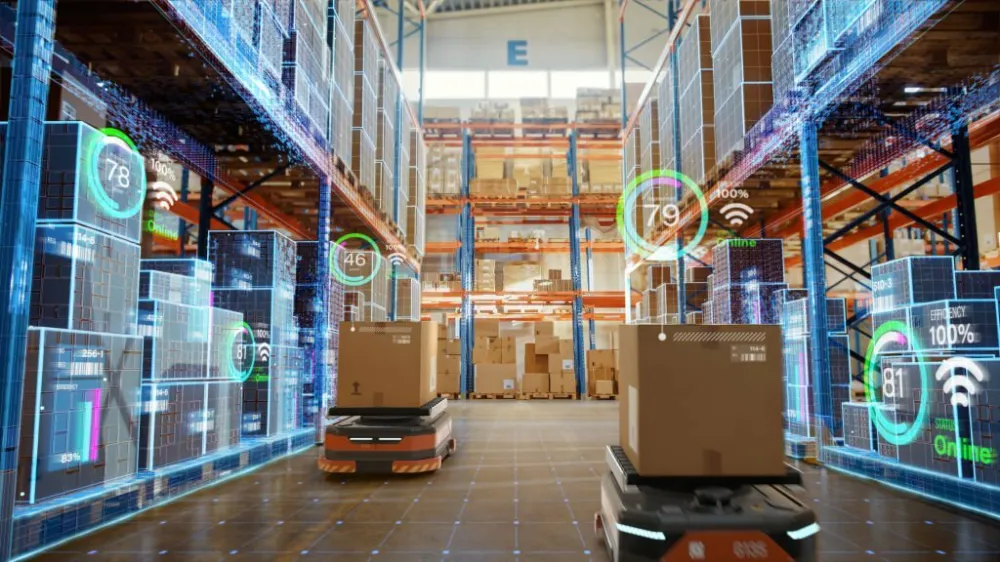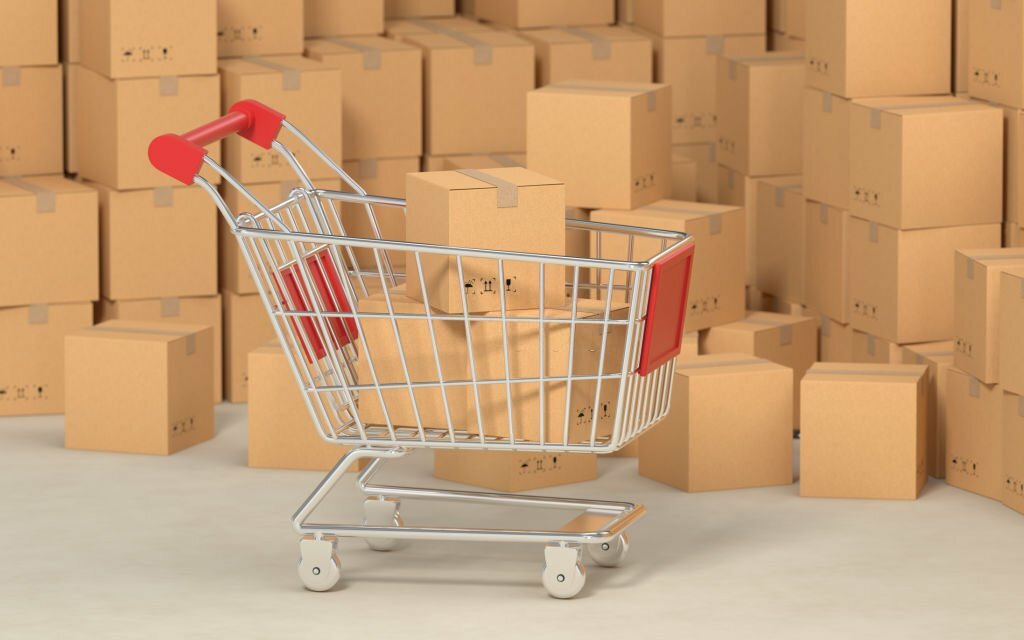If you’re on the fence about going wholesale or retail, you’ve come to the right place. Choosing between the two can be a head-scratcher whether you’re a budding entrepreneur or a seasoned business veteran. However, by analyzing what benefits you can get with each, you can make decisions that will lead you to success.
In this article, we will explore what is the difference between wholesale and retail and weigh their pros and cons.
What is Wholesale and Retail?
Wholesale refers to buying products from manufacturers on a large scale for distribution to other distributors or bulk buyers.
On the other hand, retail means selling your goods in a relatively small quantity to your customers.
For example, wholesale is when pallets of goods are sold to a supermarket. Retail is when each individual item from the pallet is sold to different customers.
What is the Difference between Wholesale and Retail?
1. Quantity
The primary difference between retailers and wholesalers is the quantity. Wholesale is buying products from manufacturers on a large scale for distribution to other distributors. For example, a company selling wood might buy logs wholesale and resell them across the region in bulk. Retail is all about selling your goods in relatively small quantities directly to your customers. Your local department store can sell you a single plank of wood, for example.
2. Customers
A wholesaler may be a company or individual who sells products in bulk to various stores, supermarkets, or retailers. It often falls under business-to-business transactions. Retailers tend to sell to individual people.
3. Price
The price factor also distinguishes the wholesale and retail. Wholesalers can afford to sell at lower prices because of economies of scale. This means the larger the quantity of goods, the cheaper it is to sell them. For example, transporting a whole candy truck is cheaper than transporting only one piece of candy in that same truck. This is because the costs of storage, packaging, transport, and more are spread out over many items. That means retail prices are higher to cover all the individual costs that can’t be shared like wholesale.
4. Focus
The different types of sales mean that a business can focus on various aspects. For example, wholesalers can concentrate on bulk processing and logistics, while retailers can focus on marketing and customer service for individual buyers.
5. Investment
As a wholesaler, you typically need to invest a lot in warehousing to store all the goods you sell. However, some companies use just-in-time techniques to reduce the need for large warehouses. As a retailer, you don’t need to make such a big investment in storage because you hold less stock of each product.
Benefits of Wholesale
Let’s explore what is the difference between wholesale and retail in terms of their benefits:
Immediate Access to a Diverse Consumer Base
Wholesale distribution gives you access to a customer base since retailers take on the responsibility of selling the product.
Decrease in Operational Cost
As a wholesaler, you won’t need to invest much money into hiring experienced sales representatives and analysts, which lowers long-term operating costs.
Steady Income
By buying and maintaining a large inventory, wholesalers have a stable supply of their products, reducing the risk of shortages.
Lowered Cost per Good
By having large inventories, wholesalers can benefit from economies of scale.
Simplifies the Selling Process
This simplifies operations for buyers and sellers of products because wholesalers don’t have to deal with individuals for each good.
Benefits of Retail
There are numerous advantages to the retail business:
Inexpensive
Since you’re buying materials to make your products in small quantities, you can start small and spend much less.
Less Red Tape
As you’re not dealing with brokers and supermarkets, you spare yourself the complex process of storage and transport.
Better Customer Relationship
Operating on a smaller scale gives you a better opportunity to target and tailor your products to consumers.
Control over Branding
Because you’re operating on a smaller scale, you have more control over how your brand identifies, ensuring your brand isn’t harmed or displayed in a manner that doesn’t align with your marketing strategy.
Liability
If consumers receive faulty or harmful products, the cost of the damaged goods is much less than if a wholesale unit was damaged.
Disadvantages of Wholesale and Retail
Wholesale distribution has these pitfalls:
- Competition from similar companies
- Race to the bottom in prices to secure markets
- Unpredictable market trends
- Cost of procuring, warehousing, and transporting
- Perishable goods that are not moved quickly enough create huge losses
The disadvantages of retail business are the following:
- Need sales skills to move products
- Marketing costs to attract customers
- High competition from similar retailers operating on a smaller or larger scale
- Limited growth due to the limited number of goods sold
- Unsteady income due to smaller volumes of sales
Wholesale vs Retail: What to Choose

The differences between wholesalers and retailers can guide you in deciding which business model is viable for you based on several factors. First, look at the benefits of each type of sales. Then, you can choose the one that fits your goals best. You should also think about the disadvantages. Consider your goals for now and the future. Think about the product you have. Look at how much you can grow your business. Plus, think about your money and what you need to run your business. All these things will help you make a good choice.
Conclusion
All of us have different business goals, and how we approach these decisions depends on what we wish to accomplish. All you need to do is understand the differences between wholesale and retail, gauge your clients, and analyze your goods. After that, you will know whether your company is better off as a retail or wholesale business – or even both!
Frequently Asked Questions
What are the two types of retailers?
Retailers can be split into two types based on their selling location. Itinerant retailers, like hawkers and food trucks, move around and sell from various places. On the other hand, fixed retailers stay in one spot, like a boutique or a market stall.
Is it better to sell products retail or wholesale?
It depends on your goals. If you are looking for complete control over the sales process and maintain a positive customer experience, then retail is your go-to. If you are looking to reach a wider consumer base, then wholesale is better.








